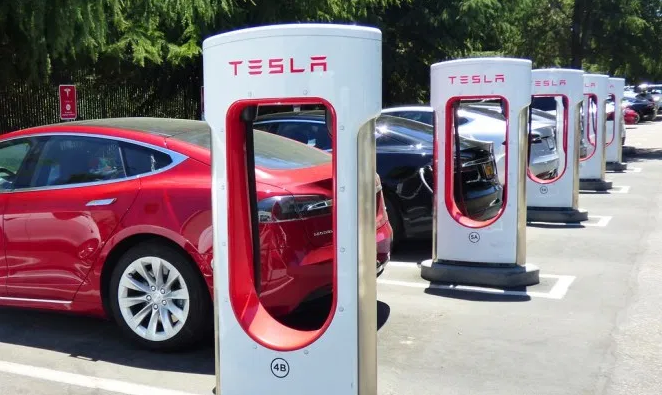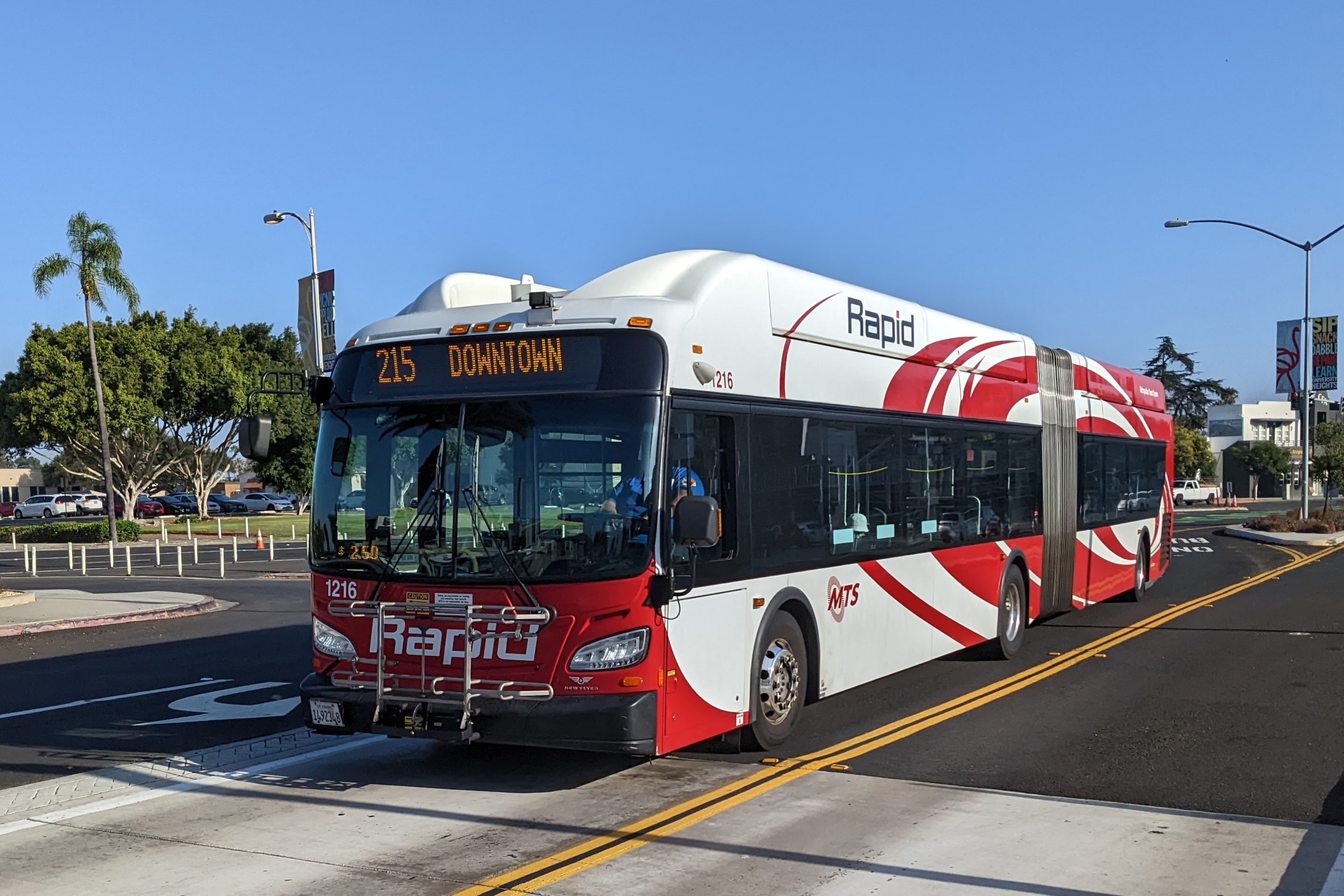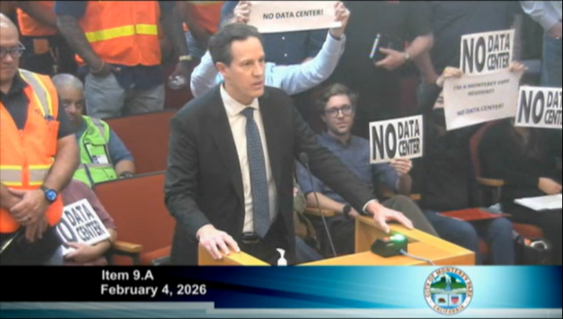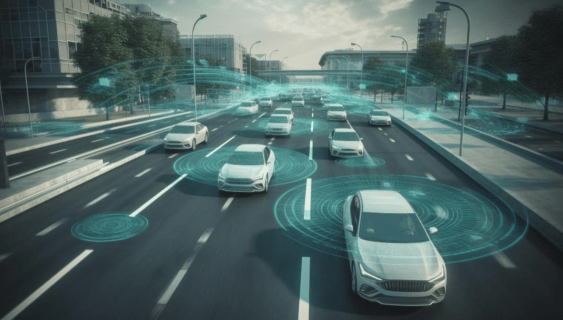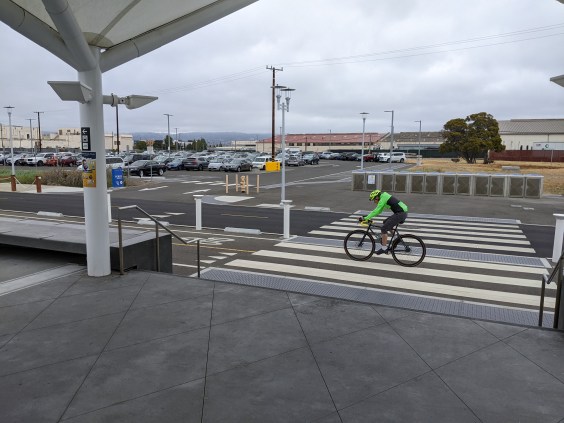Sponsored post: The Transportation Research Board’s 99th Annual Meeting will be held in Washington, D.C. from Jan. 12-16, 2020. Click here for more information.
Congress has some stocking stuffers and a few lumps of coal for the transportation sector in the $1.4 trillion spending package the House of Representatives passed on Tuesday in one of the last votes of the year before impeachment.
The bill, which includes $87.2 billion for the U.S. Department of Transportation, plus a potpourri of military and domestic initiatives, will fund the government through the end of the fiscal year on September 30 as soon as the Senate and President Trump approve it by the end of the week.
The transportation appropriation was $393 million less than the 2019 fiscal year, or 0.4 percent. Amtrak, highways, and bridge-maintenance programs got more funding than the previous year while mass transit lost about half-a-billion dollars.
Here are a few clear winners and losers from Congress's end-of-the-year spending and defense legislation.
WINNERS:
Bridges: And not just those of Madison County. Bridges across the country that are in poor condition and need replacement got a stunning $1.15 billion, up from $475 million last year. You can thank Rhode Island Democrat Jack Reed, the ranking member on the Senate Appropriations's Subcommittee on Transportation, Housing, and Urban Development, for that add on. His state has the highest percentage of decrepit bridges in the country.
Railroads: Short-line rail roads — smaller companies outside the big seven railroads that carry most of America's rail freight — got a five-year extension of a tax credit enabling them to deduct the cost of track maintenance. These regional railroads are mostly in rural and smaller urban areas — although commuter railroads sometimes run on them. The USDOT also granted these regional railroads a pilot program for low-interest loans.
Urban Rail: Half-a-dozen major cities scored several hundred million dollars to kick start regional rail projects. Los Angeles hauled in $300 million for its Regional Connector and two Westside rail connections, among the most anticipated infrastructure projects in Southern California. San Diego also added $100 for its Mid-Coast Corridor, while Massachusetts grabbed $150 million for its Cambridge-Bedford Green Line. Washington, D.C., added $120 million for its new Purple Line; Seattle took $100 million for its Lynnwood Link, and Fort Worth collected $20 million for its TEX Rail. Chicago also grabbed $100 million that will help modernize its Red and Purple lines, and Caltrain scored $100 million for its ambitious plan to electrify service in the Bay Area.
Transit commuters and nonprofits: Under the Trump tax bill (officially the Tax Cuts and Jobs Act of 2017), the federal government would levy a surcharge on nonprofits and charitable groups that provided monthly transit passes for employees. That's no longer the case, now that Congress repealed the Unrelated Business Income Tax on transit benefits. Transit advocates pushed for the repeal of the tax but they weren't the only ones. Churches that provided parking for parishioners were getting dinged as well. "It got characterized as a tax on church parking lots and that's a non winner," Davis said. "Churches are a subset of the transportation benefits provided to employees of nonprofits, so thank the churches for freaking out and causing that tax to get repealed."
LOSERS:
Electric vehicles: Tesla and GM have reasons to be upset this week. Congress was set to raise the cap on the $7,500 electric-car tax credit to 600,000 vehicles from 200,000 until President Trump intervened and shut the program down. White House officials told Michigan lawmakers pushing for the inclusion that the EV tax credit would sink the entire spending bill, according to Bloomberg. Congress won't extend the tax credit beyond January 1. So if you plan to buy a Tesla in 2020 and you want to save some money, you'd better act fast.
Chinese-made buses and rail: Congress also passed a defense-spending bill this week — get ready for Space Force! — that included provisions barring the use of federal funds from purchasing buses and rail cars from Chinese-owned or state-supported companies. That could jeopardize hundreds of jobs at BYD's electric bus factory in Lancaster, Calif., and CRRC Corp's rail car factory in Springfield, Mass., not to mention jamming up supply as cities swap out filthy diesel buses for cleaner electric ones over the next two decades.
The defense legislation gave manufacturers a two-year grace period, and grandfathered in existing contracts, thanks to the efforts of House Ways and Means Chairman Richard Neal, whose Western Massachusetts district includes the rail company. Officials at CRRC, which retains contracts with Los Angeles, Chicago, Boston, and Philadelphia, expressed relief at those reprieves. Cities and states can still buy buses and rail cars from these companies as long as it's not with federal grants, but that's a tough hurdle for smaller localities.
TO BE DETERMINED
Elaine Chao: House Democrats slipped in an amendment that prohibits the U.S. Department of Transportation from spending money in violation of a law using public office for private gain. That was widely seen as a swipe at Secretary Elaine Chao, who made headlines for promoting her father's multinational shipping company in China and taking extensive meetings about transportation grants with Kentucky leaders friendly with her husband, Senate Majority Leader Mitch McConnell.
Will this action clog up the pork-barrel pipeline to Mitch's old Kentucky home? Will Chao even notice that the House is pissed? Who knows! At least morale at the USDOT can't get any worse.
